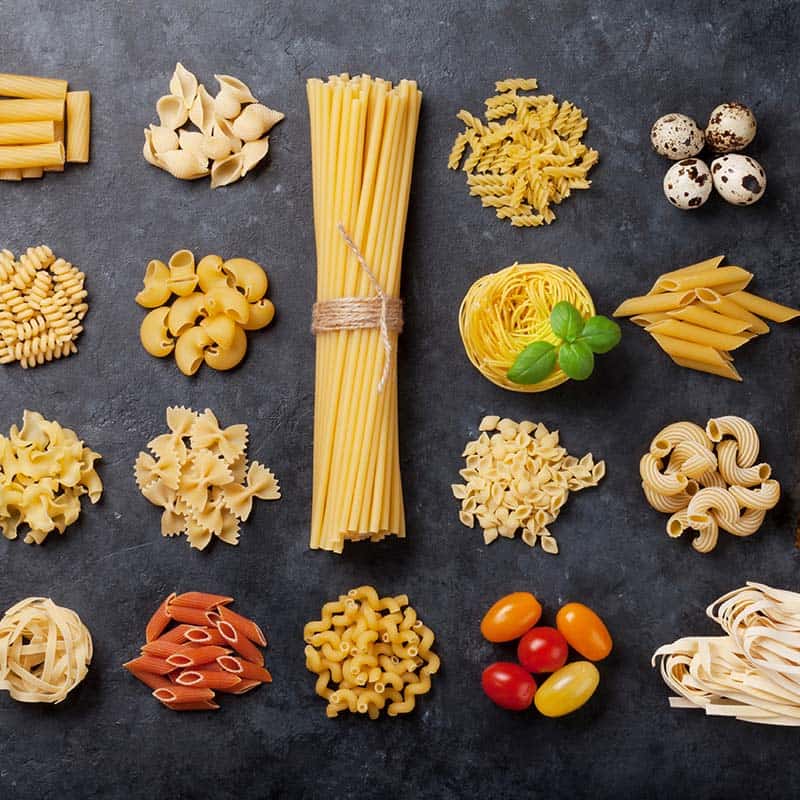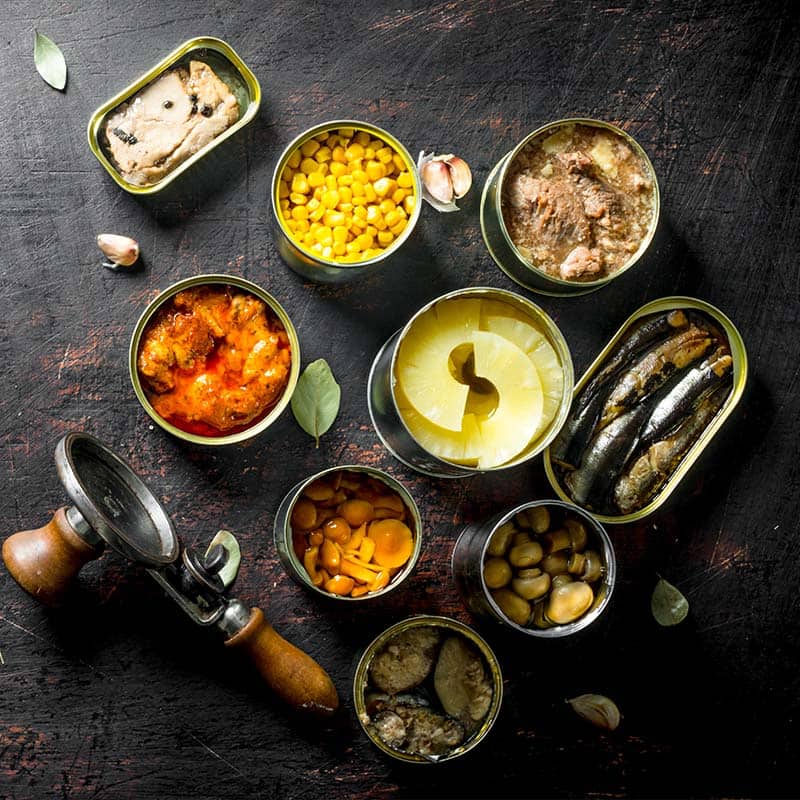Understanding the Role of a Noodle Supplier: What You Need to Know
When it comes to sourcing noodles for restaurants, food manufacturers, or retail businesses, understanding the role of a noodle supplier is key. A noodle supplier is a business or organization that produces and distributes different types of noodles for various culinary applications. In this article, we will explore the importance of noodle suppliers, the different types of noodles they provide, and how businesses can make informed decisions when choosing a supplier.
See Also: Noodle Supplier Singapore
What is a Noodle Supplier?
A noodle supplier is a company that manufactures and distributes noodles in bulk to foodservice providers, manufacturers, or retail stores. Noodles are an essential part of many cuisines, ranging from Chinese and Italian to Japanese and Southeast Asian dishes. These suppliers cater to businesses looking to purchase noodles in large quantities, ensuring a steady and consistent supply for cooking, processing, or packaging purposes.
Types of Noodles Offered by Suppliers
Noodle suppliers offer a wide range of noodle varieties, each suited to different types of cuisine and preparation methods. Some of the most common types include:
- Wheat Noodles: These are the most traditional and widely consumed noodles, especially in European and Asian dishes. Examples include pasta, ramen, and soba noodles. Wheat noodles are typically made from durum semolina, all-purpose flour, or a combination of both.
- Rice Noodles: Popular in Southeast Asian cuisine, rice noodles are made from rice flour and water. These noodles are often found in dishes like pho, pad Thai, and various stir-fries.
- Egg Noodles: Made from wheat flour and eggs, these noodles are common in dishes such as lo mein or egg noodle soup. Egg noodles are known for their rich texture and yellow color.
- Glass Noodles: Made from starches such as mung bean or sweet potato starch, these transparent noodles are often used in soups, stir-fries, and salads. Glass noodles have a chewy texture and absorb the flavors of the dishes they are cooked in.
- Specialty Noodles: Some noodle suppliers also provide gluten-free, organic, or whole wheat noodles. These cater to specific dietary needs and preferences.
See Also: Noodle Supplier Singapore
The Importance of a Reliable Noodle Supplier
For businesses in the food industry, choosing the right noodle supplier is crucial. Several factors make a supplier reliable, and these include:
- Consistency: Businesses depend on noodle suppliers to provide products that meet the same quality standards every time. A reliable supplier ensures that the texture, flavor, and appearance of the noodles remain consistent across every batch.
- Availability and Lead Time: A good noodle supplier should be able to meet demand without delays, ensuring that businesses can maintain their operations smoothly. Lead times, or the time it takes from ordering to receiving the noodles, should be reasonable to avoid disruptions in the supply chain.
- Product Range: Having a variety of noodle types allows businesses to cater to diverse customer preferences and regional tastes. A wide selection can help ensure that businesses are equipped to offer a wide range of noodle-based dishes.
- Pricing: Competitive pricing is essential for businesses looking to maintain their profit margins. While price shouldn’t be the only consideration, affordable noodles that do not compromise on quality can help keep costs manageable.
- Sustainability Practices: In recent years, consumers and businesses alike are becoming more aware of the environmental impact of food production. A supplier who implements sustainable practices in sourcing ingredients or packaging may be an important factor for some businesses.
How to Choose the Right Noodle Supplier
Choosing the right noodle supplier involves more than just comparing prices. Here are some steps that can help businesses make an informed decision:
- Assess Your Business Needs: Understand the types of noodles that fit your menu or product requirements. Whether you need ramen for a restaurant, pasta for a deli, or rice noodles for a snack manufacturer, knowing your exact needs will help narrow down suppliers.
- Consider Quality Control: Ask potential suppliers about their quality control processes. Reliable suppliers should have measures in place to ensure that the noodles meet the desired standards of taste, texture, and consistency.
- Evaluate Delivery and Packaging: Timely delivery and proper packaging are essential to ensure that the noodles arrive fresh and intact. Discuss delivery options, packaging materials, and shelf-life expectations with the supplier.
- Review Customer Feedback: Customer testimonials or feedback can offer insight into the reliability and reputation of a noodle supplier. Take time to research reviews or speak with other businesses that have worked with the supplier.
- Ensure Compliance with Regulations: Noodles, like all food products, must comply with health and safety regulations. Check that the supplier adheres to food safety standards and other regulatory requirements relevant to your location.
See Also: Noodle Supplier Singapore
Conclusion
A noodle supplier plays an important role in ensuring that businesses receive a reliable supply of noodles for their culinary needs. By understanding the different types of noodles available, the key factors that contribute to a supplier’s reliability, and the steps to choose the right supplier, businesses can make well-informed decisions. Whether you are operating a restaurant, food manufacturing business, or retail store, choosing the right noodle supplier can ensure the quality and consistency of your offerings, ultimately benefiting your customers.




